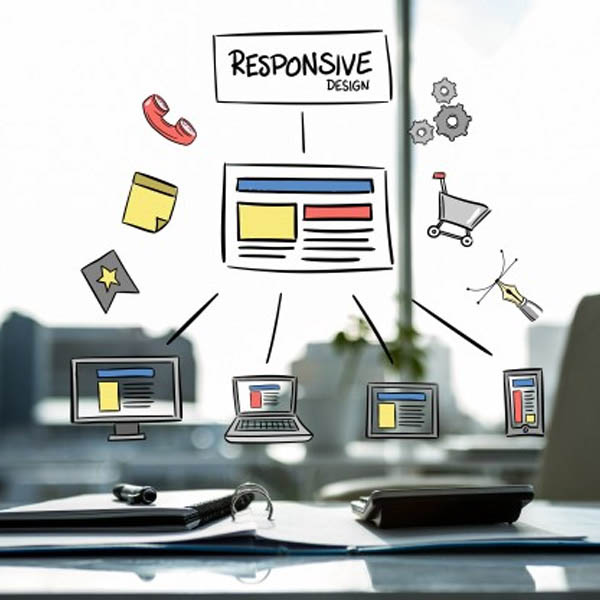| 11.1C : Language with content: Interviews and instructions | School: Nazarbayev Intellectual School of Chemistry and Biology, Atyrau | ||||
| Date: | Teacher’s name: Naresheva A.A Head of Department: | ||||
| Grade: 11 | Number present: 12 | Absent: | |||
| Lessons 22-23: Analyzing and conducting interview tips | |||||
| Learning Objectives: Research work (peer review)
| 11.C2 use speaking and listening skills to provide sensitive feedback to peers 11.C4 evaluate and respond constructively to feedback from others 11. S2- ask and respond with appropriate syntax and vocabulary to open-ended higher- order thinking questions on a range of general and curricular topics, including some unfamiliar topics 11.R3 skim extended texts with speed to identify content meriting closer reading on a range of familiar and unfamiliar general and curricular topics 11.S3 explain and justify own and others’ point of view on a range of general and curricular topics, including some unfamiliar topics | ||||
| Lesson objectives SWBAT | All:
Most:
Some:
| ||||
| Previous learning | Lesson 20 | ||||
| Language objectives | This lesson will focus on speaking. | ||||
| Value links | Respect diversity of opinions | ||||
| Cross-curricular links | Journalism | ||||
| ICT skills | Active Board for PPT | ||||
| Kazakh culture | Job interviews in Kazakhstan | ||||
| Plan | |||||
| Planned timings | Planned activities | Resources | |||
| Introduction
10’
5’
5’
15’ | To start the lesson T introduces the lesson objectives. Warm up (W)Teacher divides students into pairs and asks them to take 2-3 minutes to interview each other. Each interviewer has to find 2 interesting facts about their partner. Afterwards, teacher brings everyone back to together and asks everyone to present the 2 facts, which they have found out about their partner to the rest of the group. Then Ss will be asked to guess today’s topic. (Interview) Types of Interviews T asks students about types of interviews. Ss work in pairs to brainstorm their ideas. After gathering answers, T presents PPT on different types of interviews:
Speaking. Ask learners in groups discuss questions (P, G, S3)
Reading (I, R3) Ss read an interview with Michelle Obama (ex.1) individually. Having read the article, Ss work in pairs and answer the questions, which is ex.3. Afterwards, let them think about what types of questions were in the interview. Types of Topics in Questions
|
PPT
CAE, Student’s book, p22, ex3. Third Edition | |||
|
7’
15’
15’ | 22 lesson Warm up Ss watch a video about the worst and the best answers to job interview questions. Then, ask them what makes a good and bad interview. Let them consider the following aspects:
Role play (P, F, C4, S2) Students will be tasked to work with a partner to create an exciting interview dialogue between two students. Before asking the students to conduct an interview, they will need to prepare so that the interview is successful. Have them think about what type of information they want to get from the interviews. Ss have to make up 5-10 appropriate job or university interview questions. Ss have 10-15 min. to prepare. Differentiation is done by support, by vocabulary and by task: Less able Ss can use dictionaries. More able Ss can make up more complicated questions during the role-play. Then, they present their interviews to the rest of the class. |
https://www.youtube.com/watch?v=7jvbsGbuEPk | |||
| Conclusion 3’
| Students reflect on today’s lessons and give their tips on how should we act during the interview. |
| |||
| Additional information | |||||
| Differentiation – how do you plan to give more support? How do you plan to challenge the more able learners? | Assessment – how are you planning to check learners’ learning? | Cross-curricular links Health and safety check ICT links Values links | |||
| Differentiation is done by: Help less-able students to clarify unknown vocabulary More-able learners: Ask them to make up more complicated questions during the role-play. | . |
| |||
| Reflection Were the lesson objectives/learning objectives realistic? What did the learners learn today? What was the learning atmosphere like? Did my planned differentiation work well? Did I stick to timings? What changes did I make from my plan and why? | Use the space below to reflect on your lesson. Answer the most relevant questions from the box on the left about your lesson.
|
| Summary evaluation What two things went really well (consider both teaching and learning)? 1: 2: What two things would have improved the lesson (consider both teaching and learning)? 1: 2: What have I learned from this lesson about the class or individuals that will inform my next lesson?
| |

 Получите свидетельство
Получите свидетельство Вход
Вход











 Interviews and instructions: Analyzing and conducting interview tips (23.09 KB)
Interviews and instructions: Analyzing and conducting interview tips (23.09 KB)
 0
0 769
769 45
45 Нравится
0
Нравится
0


